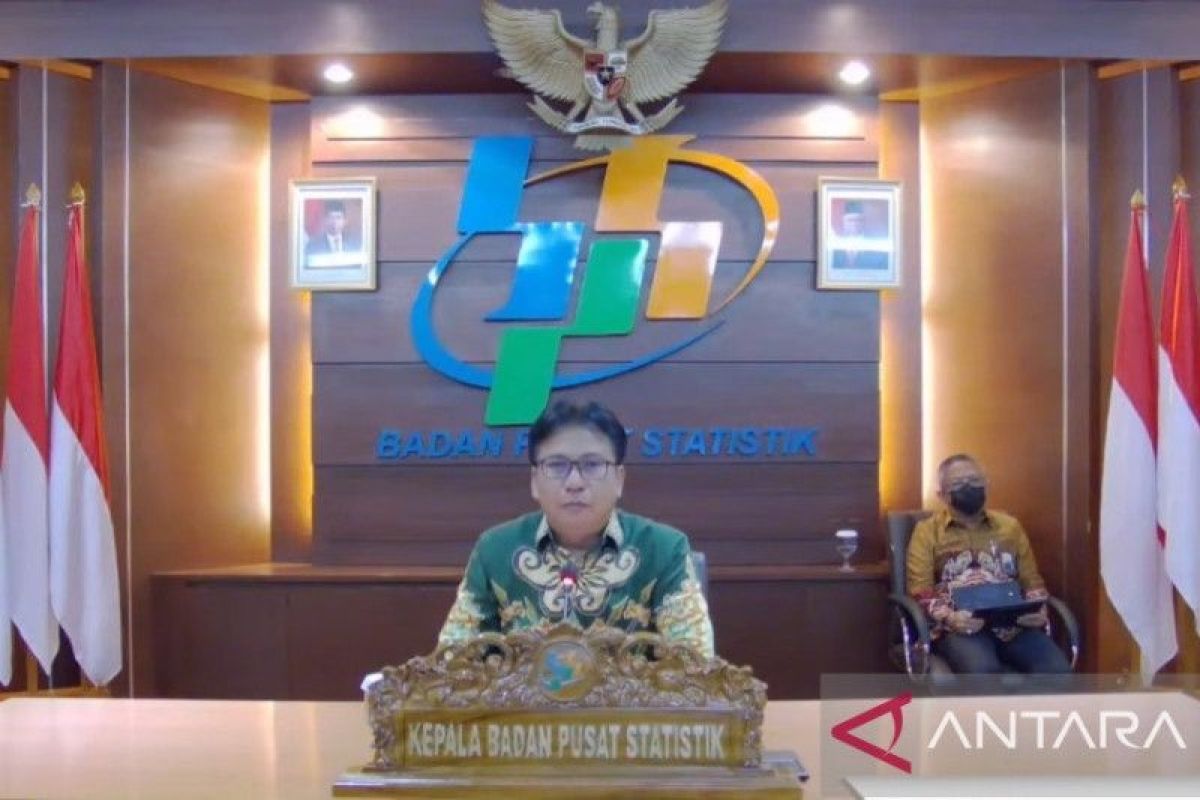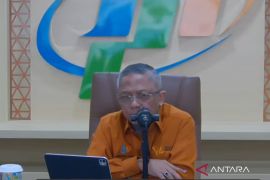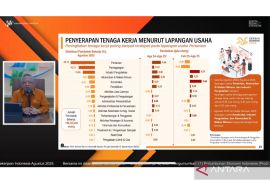Based on the encouragement of these various policies, the Indonesian economy managed to grow 5.44 percent in the second quarter of 2022.Jakarta (ANTARA) - Government subsidies and social assistance policies as well as the restraint exercised in raising the benchmark interest rate have proven effective in controlling domestic inflation, maintaining people's purchasing power, and creating conducive business conditions. Head of Statistics Indonesia (BPS), Margo Yuwono, made the remarks while delivering a statement on Indonesia’s economic growth in the second quarter of 2022, here on Friday.
"Based on the encouragement of these various policies, the Indonesian economy managed to grow 5.44 percent in the second quarter of 2022," he informed.
The government has been very observant in carrying out policies in the face of global pressure, he noted. On the state revenue side, the government has received unexpected income or windfall from rising global commodity prices.
Related news: Indonesia's economy grew 5.44 percent in Q2 2022
On account of this, the government has implemented an energy subsidy policy to contain the increase in commodity prices and reduce domestic Consumer Price Index (CPI) inflation, which rose 4.94 percent in July 2022.
However, core inflation was recorded to be moderate at 2.86 percent last month, which illustrates that the purchasing power has been maintained.
“So, the fiscal still provides subsidies and social assistance that increases people's purchasing power," he said.
Related news: Annual inflation well-maintained at 4.94% in July: BPS
Meanwhile, in terms of the monetary policy, Yuwono said that Indonesia has not followed other countries such as the United States in raising the benchmark interest rate, with Bank Indonesia still holding the policy rate at 3.5 percent, which has provided a conducive situation for business actors and allowed all economic activities to continue to run well.
Thus, if the entire fiscal policy is changed, or there is an increase in the benchmark interest rate, there will be changes in economic conditions. However, Yuwono said he could not provide further estimates because the BPS only records what happens in the domestic economy.
"But it is certain that if energy subsidies are lifted, there will be an increase in the price of fuel oil (BBM), which will certainly have an impact on all sectors, so this needs to be considered," he added.
Related news: Transportation, warehousing clocked 21.27-pct growth in second quarter
Related news: Household consumption becomes highest source of economic growth: BPS
Translator: Agatha O, Azis Kurmala
Editor: Fardah Assegaf
Copyright © ANTARA 2022












